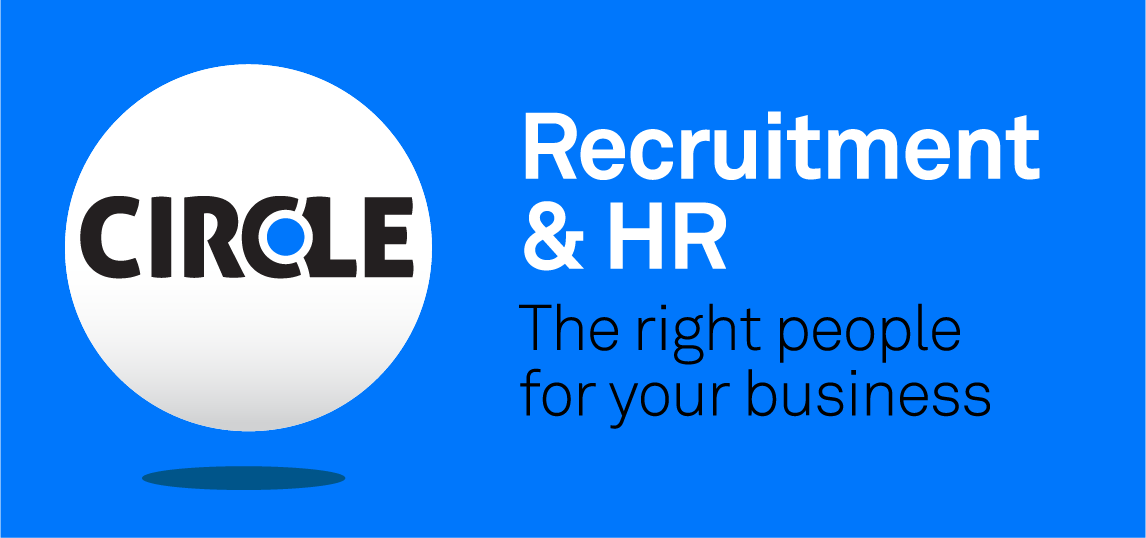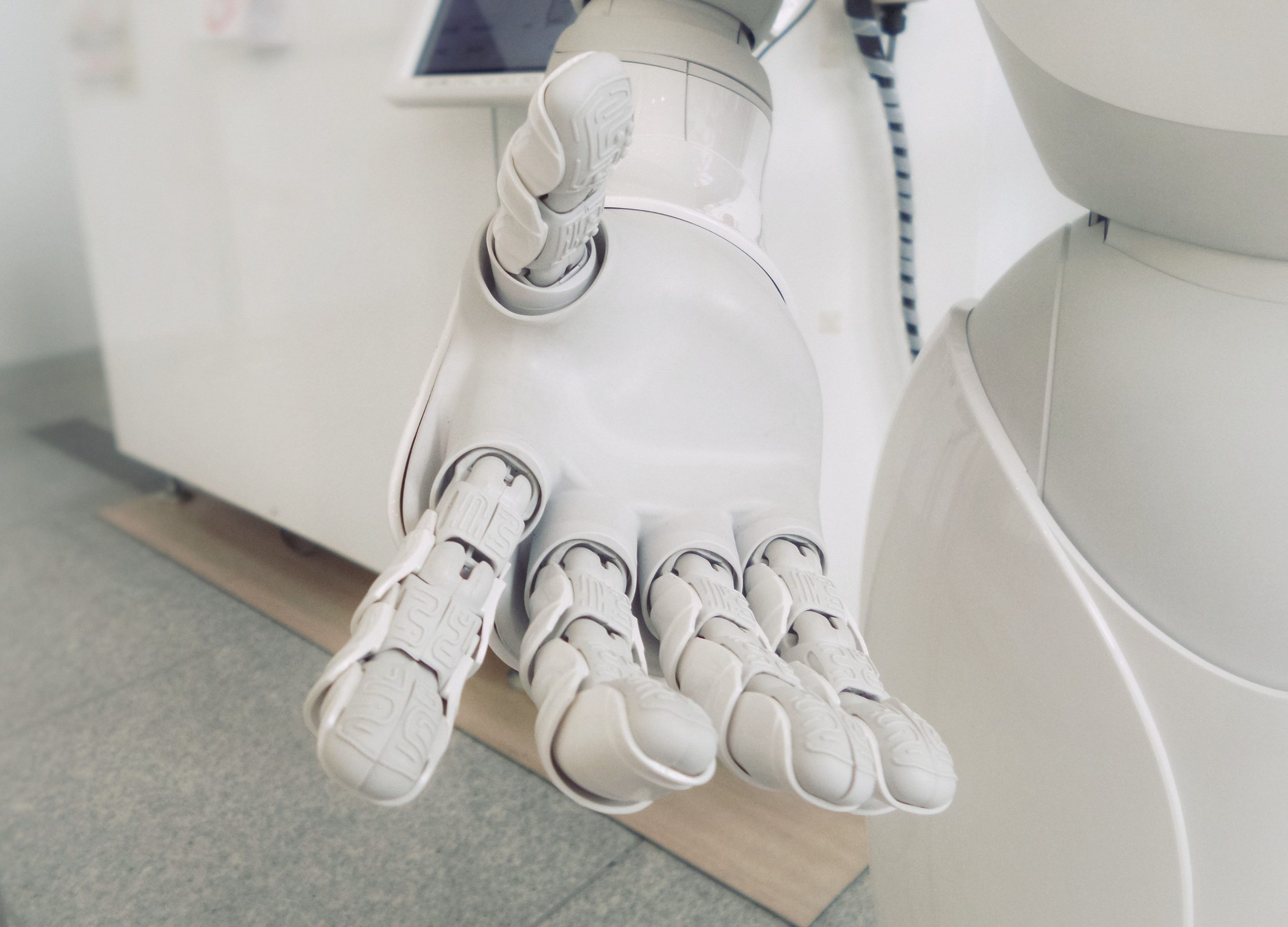- Did you notice anything about my last blog post? (Career Change: Making the Leap)
- Anything different about it? Out of place? Did it make sense?
- Did you find the points raised and disseminated useful?
- Would it surprise you that I used the app Chat GPT to generate the blog post using a few key sentences and an Artificial Intelligence (AI) “robot” spat out that blog post?
My family has been having fun creating poems and songs using the program while it was still free for use. I decided to ask for a blog post about a very general topic I am familiar with in my work – Career Change. I have to admit it’s been really amusing and fun. The content created is surprisingly well done.
But the whole process has also filled me with alarm! The prospect for plagiarism by students is one thing for concern. And the prospect that robots are going to take our jobs and take over everything as well….
- Is this a real cause for alarm?
- Can robots truly take over everything?
- And are we all going to be out of our jobs?
The reality is that the answer isn’t so simple. There are a number of factors involved; history can teach us a fair bit about what to expect and science can also show us a thing or two. Over the development of Human history there have been advancements in how we live our lives, how we work, how we play and how we manipulate our environments.
The lessons from History and Science, my opinion, I’m not an expert:
- Each time there is progress, certain jobs decline but new jobs appear. E.g. the car replaced the horse and cart. Jobs that declined – cart/carriage makers (cartwrights/wainwrights), saddle makers (saddlers), horse handlers (grooms) and horses need to be shod in lesser numbers (blacksmiths). However, new jobs opened up – Chauffers, taxi drivers, mechanics and a multitude of new trades to make cars during the manufacturing process. Also, the car and engine designers, the jobs in the fuel industry, road building and town planning to make adjustments for cars moving among people, and so on. New Industries were created from the decline in others.
- As more and more advancements developed, the repetitive, mundane jobs have been replaced by robots. To continue with the car analogy, robot assembly lines now make cars, more safely, quickly and round the clock. The assembly line jobs went, but new jobs emerged – the robot mechanical engineers and designers, computer programmers, technicians to monitor and fix problems while the robots work and so on. Again, new industries have been created from the decline in manpower in others.
- Progress has led to freeing up of our time from chores. While we might still complain about our home duties, there is no denying that the chores in the home have been significantly decreased by home appliances. This opened up the possibilities for women in particular to work outside the home. Increased purchasing power led in part to increased consumerism and growth in “wants” over just “needs”.
- Predictions are that humanity will gain increased leisure time in the future. Time will tell, but increased automation will likely lead to increased leisure. Industries will be created or grow from the increased demands in these areas.
- Scientific and medical breakthroughs raise the standard of living for everyone. Running water and electrical power transformed lives in the West and increasingly poorer counties are catching up. More breakthroughs will make our lives easier and hopefully healthier. As the standard of living rise across the world, so too purchasing power and new industries and so on.
While we can understand that change has brought about the differences in the way we work as a population over time, we still don’t have an answer to the question whether AI and automation will eventually lead to all our jobs being taken over by robots. Can this really happen?
Let’s go back to the blog that the AI app wrote. How was it done?
The App scours the internet and puts together information that already is there. This hands us a very important clue. AI and robots can only use existing information, not create information.
So I believe that no, at this point robots will not take over all our jobs because human innovation and creativity is very much essential in problem solving, dealing with new situations and dreaming up totally new ways of thinking about the world and how to improve our lot.
Robots can synthesise, manipulate and use information but they can’t “think” new ideas. They can go through pre-programmed sequences but they can’t create those higher level programs without humans.
So, while automation will change the type of work done by each of us over time, change has always existed and always will. However, advances in AI and automation will not mean that robots will take over and that we will all be out of our jobs. For now.
If you have been made redundant or you want to make a change before you are ousted from your job by a robot, book a career coaching session with CIRCLE Career Coach Maria Cordi, who will be happy to help you figure out your next move. Call the CIRCLE office to contact Maria.
Career Coach
Maria holds a Bachelor of Science, with a Psychology major and a Master of Applied Science (Psychology of Coaching) from the University of Sydney. She has a background in Human Resources and Career Planning with Westpac, worked as a Training & Development Consultant with Psychological Assessments Australia, and spent some years working with CIRCLE Recruitment & HR.
Important Note: These articles have been prepared for general circulation and are circulated for general informational purposes only; these articles should not be regarded as business or investment advice. The articles represent the views of the writers and are subject to change without notice. Additionally, while every care has been taken in the preparation of the articles no representation or warranty as to accuracy or completeness of any statement is given. An individual or organisation should, before any business or investment decision is made, consider the appropriateness of the information in this document, and seek professional advice, having regard to objectives, situation and needs. This document is solely for the use of the party to whom it is provided.

